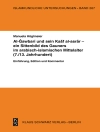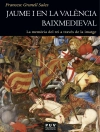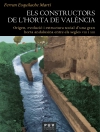In all religions, in the medieval West as in the East, ideas about the past, the present and the future were shaped by expectations related to the End. The volumes Cultures of Eschatology explore the many ways apocalyptic thought and visions of the end intersected with the development of pre-modern religio-political communities, with social changes and with the emergence of new intellectual and literary traditions.
The two volumes present a wide variety of case studies from the early Christian communities of Antiquity, through the times of the Islamic invasion and the Crusades and up to modern receptions, from the Latin West to the Byzantine Empire, from South Yemen to the Hidden Lands of Tibetan Buddhism. Examining apocalypticism, messianism and eschatology in medieval Christian, Islamic, Hindu and Buddhist communities, the contributions paint a multi-faceted picture of End-Time scenarios and provide their readers with a broad array of source material from different historical contexts.
The first volume, Empires and Scriptural Authorities, examines the formation of literary and visual apocalyptic traditions, and the role they played as vehicles for defining a community’s religious and political enemies. The second volume, Time, Death and Afterlife, focuses on key topics of eschatology: death, judgment, afterlife and the perception of time and its end. It also analyses modern readings and interpretations of eschatological concepts.
عن المؤلف
Veronika Wieser and
Johann Heiss, Austrian Academy of Sciences, Vienna;
Vincent Eltschinger, École Praticque des Hautes Études, Paris.












